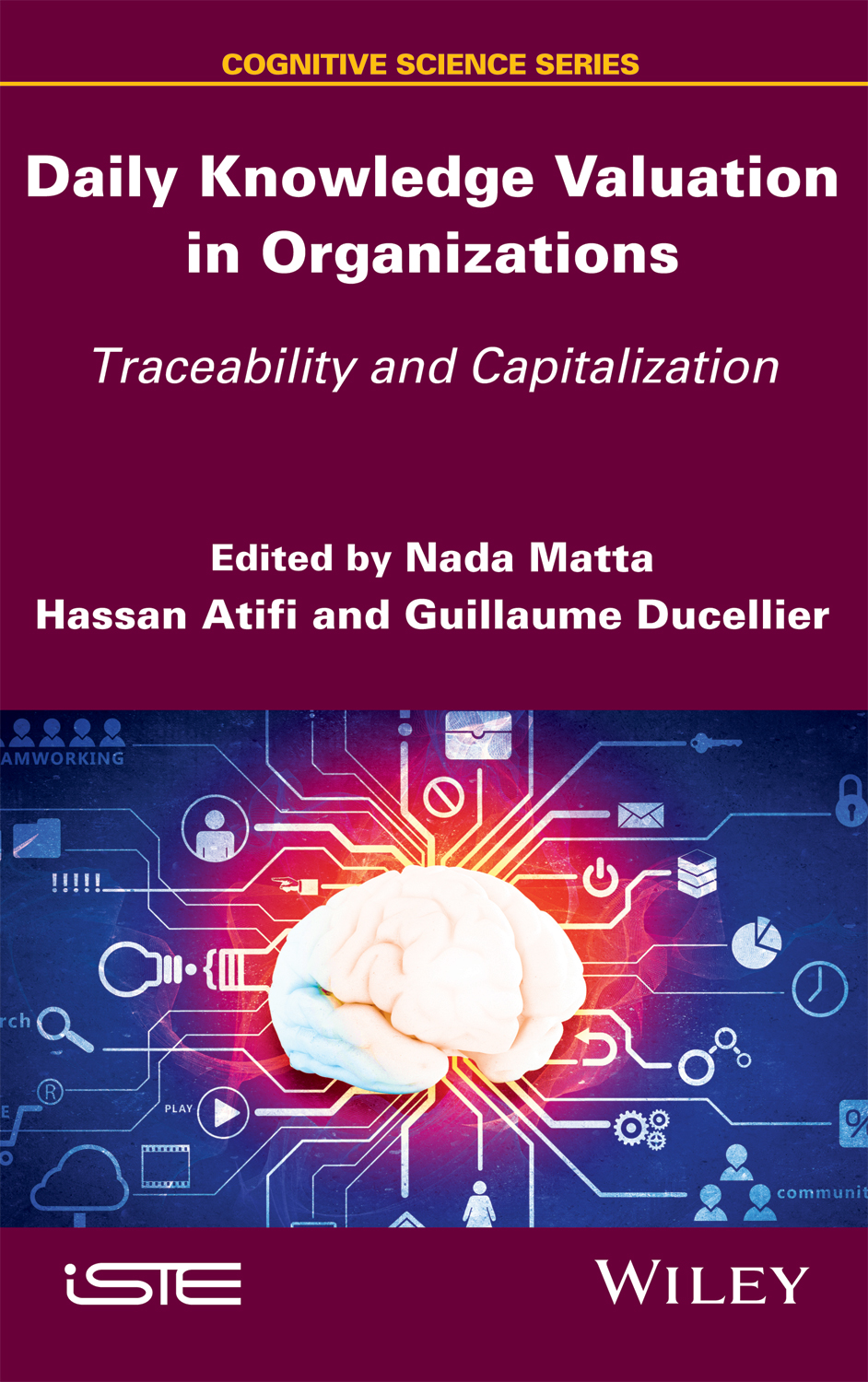
One of the major challenges for modern organizations is the management of individual and collective knowledge, which is at the root of specific practices designed to optimize knowledge acquisition, maintenance and application. There are, however, still a disproportionately low number of studies focused on the structure and nature of knowledge. This book tackles the subject […]
One of the major challenges for modern organizations is the management of individual and collective knowledge, which is at the root of specific practices designed to optimize knowledge acquisition, maintenance and application. There are, however, still a disproportionately low number of studies focused on the structure and nature of knowledge.
This book tackles the subject of daily knowledge: the knowledge related to everyday tasks. How does this knowledge present itself in the mind? How do we acquire and preserve it?
To answer these questions, the authors explore a number of techniques which help to keep track of information produced in collaborative activity and extract knowledge by aggregating these traces.
